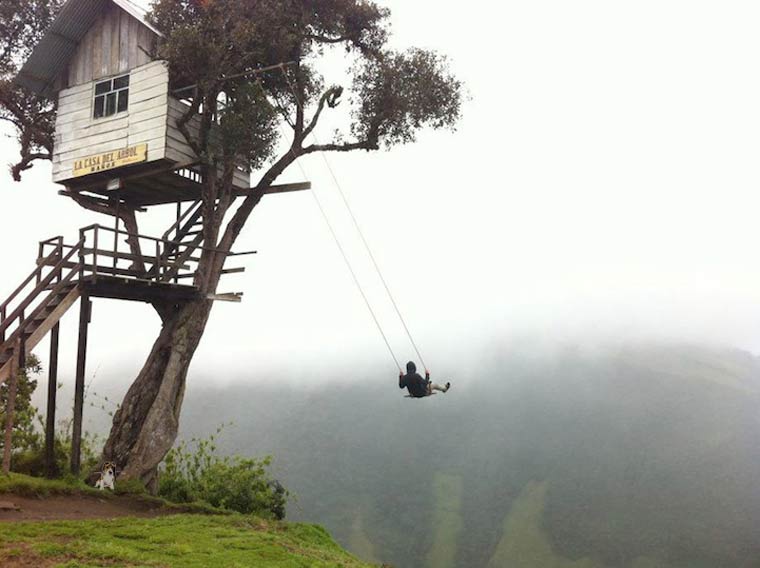Competition can be entertaining, but I do not consider it to be “play.”
Is than un-American of me?
Play, for me, can have no objective; no element of strategy or combat or debate.
Writing for The New Yorker on Nov.14, 2011, John McPhee shares an anecdote about George Hartzog, a man who understood my kind of play, and Tony Buford, a man who did not.
“It was Hartzog who took a set of plans that had been lying dormant for fifteen years and built the great arch of St. Louis. Those who know the story of the arch say that had it not been for Hartzog there would be no arch. Hartzog the ranger is a hero in St. Louis, but at this moment he is not a hero to Tony Buford. ‘God damn it, George, this river is a mess. There is no point fishing this God-damned river, George. The fishing here is no good.'”
“Hartzog looks at Buford for a long moment, and the expression on his face indicates affectionate pity. He says, ‘Tony, fishing is always good.’ The essential difference between these friends is that Buford is an aggressive fisherman and Hartzog is a passive fisherman. Spread before Buford on the bow deck of his jon boat is an open, three-tiered tackle box that resembles the keyboard of a large theatre organ.”
Likewise, John Ciardi understood the importance of true play, as does every great poet. Here is a portion of his essay, How Does a Poem Mean?
Robert Frost knew precisely what the German critic Baumgarten meant when he spoke of the central impulse toward poetry – and toward all art – as the Spieltrieb, the play impulse.
An excellent native example of the play impulse in poetry is the child clapping its hands in response to a Mother Goose rhyme. What does a child care for “meaning”? What on earth is the “meaning” of the following poem?
High Diddle diddle
The cat and the fiddle
The cow jumped over the moon;
The little dog laughed
To see such craft
And the dish ran away with the spoon.
“Preposterous,” says Mr. Gradgrind. But the child is wiser: he is busy having a good time with the poem. The poem pleases and involves him. He responds to it in an immediate muscular way. He recognizes its performance at once and wants to act with it.
This is the first level of play, as rhythm is the first element of music. The child claps hands, has fun, and the play involves practically no thoughtful activity. Beyond this level of response, there begins the kind of play whose pleasure lies for the poet in overcoming meaningful and thoughtful (and ‘feelingful’) difficulties, and for the reader in identifying with the poet in that activity.
My purpose today is to remind you of the delight to be had exploring ideas without purpose or plan or agenda.
All you have to do is follow your curiosity. This can be done alone or with friends who understand the rules.
Rules? Rules for play?
Yes. Here they are. For an activity to be play, it must be:
- intrinsically motivating.
If you play because you want to win, you’re not truly playing. - freely chosen.
If you play because you have to, you’re not playing. - actively engaging.
If you’re disinterested, you’re not playing. - fun. You must derive pleasure from it.
Some people would call such activities “wasting time.”
But time cannot be wasted, it can only be spent.
This is what time spent playing can buy:
relaxation of the mind,
restoration of optimism,
rejuvenation of the soul.
Are you up for it?
If so, Indy Beagle and I have a proposal for you in today’s rabbit hole.
To enter the rabbit hole, all you have to do is click the image of the person in the swing beneath the treehouse.
I see adventure
in your future.
Roy H. Williams
 SPECIAL EVENT #1 Hi, I’m Ian Rogers. Last week I said, “How does roving reporter Rotbart find such interesting guests each week for these delightful episodes at MondayMorningRadio.com?” and then I said, “Maybe we can get Indy Beagle to ask him.” Well Indy Beagle DID ask him and roving reporter Rotbart agreed to let Indy Beagle interview HIM in this week’s one-of-a-kind, special event, All Star Episode. You know the place: MondayMorningRadio.com
SPECIAL EVENT #1 Hi, I’m Ian Rogers. Last week I said, “How does roving reporter Rotbart find such interesting guests each week for these delightful episodes at MondayMorningRadio.com?” and then I said, “Maybe we can get Indy Beagle to ask him.” Well Indy Beagle DID ask him and roving reporter Rotbart agreed to let Indy Beagle interview HIM in this week’s one-of-a-kind, special event, All Star Episode. You know the place: MondayMorningRadio.com

SPECIAL EVENT #2 The Academy reunion is going to be Nov. 3rd this year and it’s going to be fantastic! Here is Real Magic was written by Nate Staniforth, a fascinating man known worldwide. Nate will be with us, signing books, sharing his thoughts, and showing us things we’ll never be able to explain or forget. And we’re going to do other things, too. Can You Come Out and Play?
